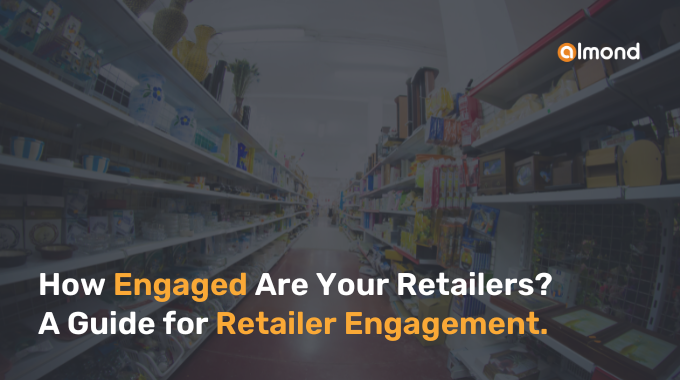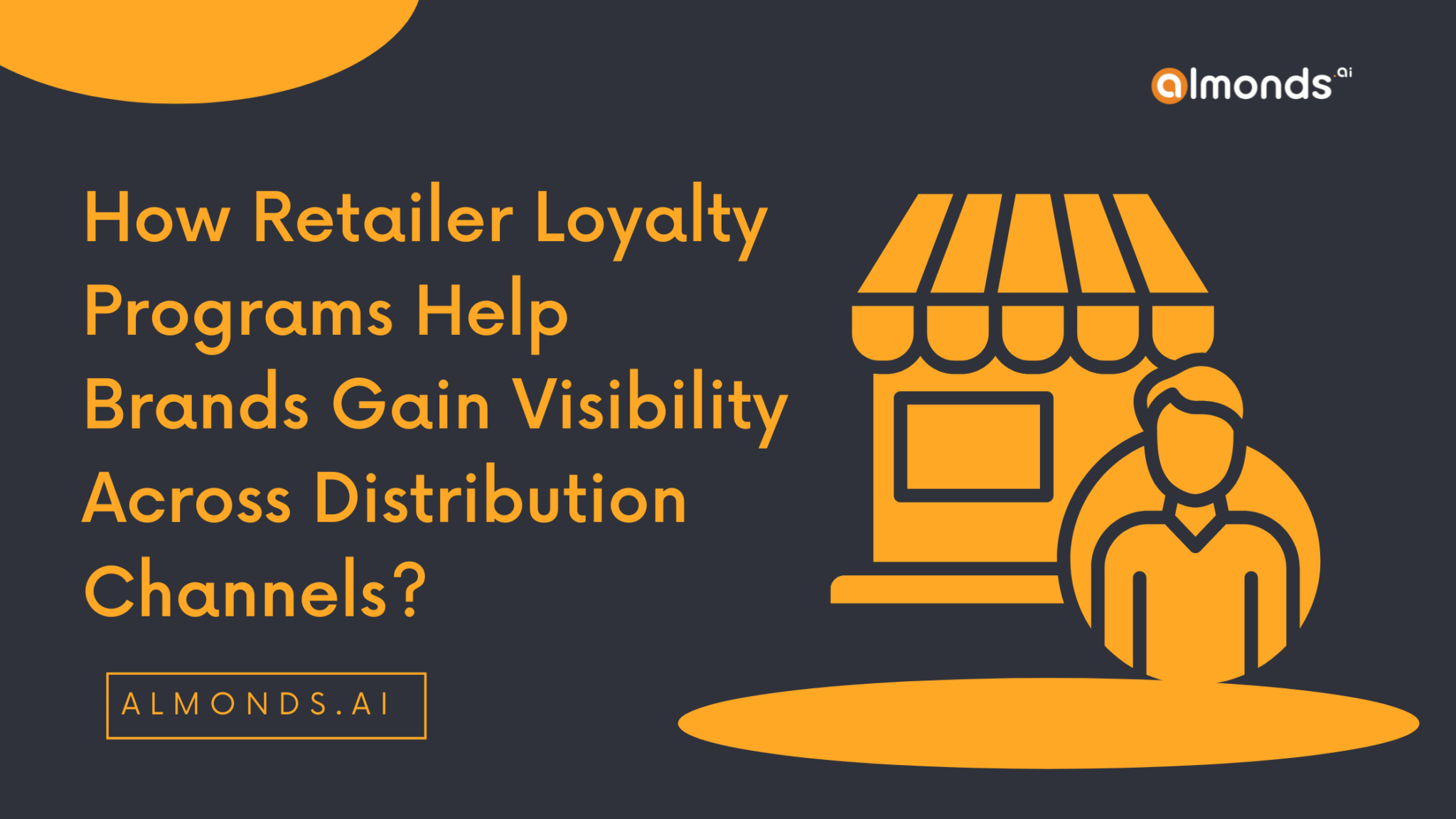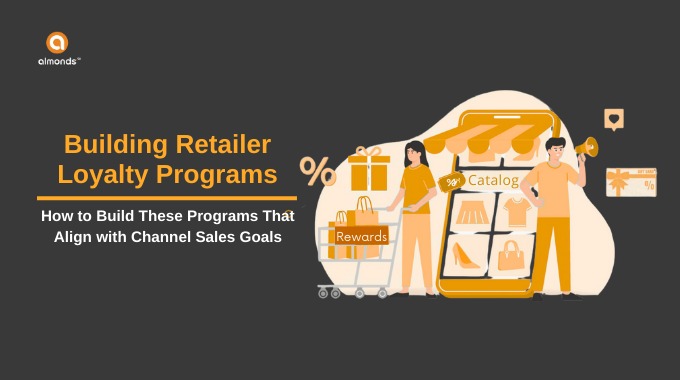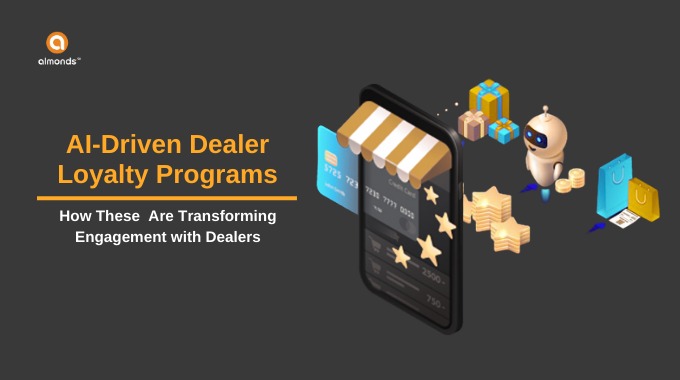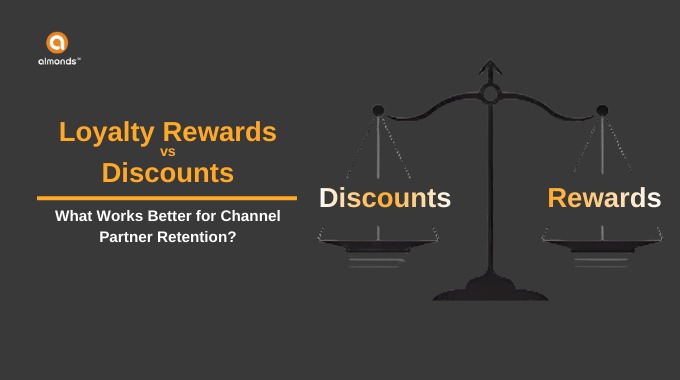In today’s competitive market, only getting customers to engage with your brand is insufficient. You must ensure that your retailers fully invest in promoting your products and driving sales. But how do you measure retailer engagement, and what factors affect them?
This blog post will explore the key metrics and strategies affecting and measuring retailer engagement.
-
What is Retailer Engagement?
Retailer engagement refers to the level of involvement and enthusiasm retailers have for promoting and selling their products. Engaged retailers are more likely to actively market your products, provide feedback, and collaborate with your brand to drive sales. On the other hand, disengaged retailers may be less invested in your brand, resulting in lower sales and a weaker brand reputation.
-
What are the factors that affect Retailer’s engagement?
There are too many brands, and approximately everyone has a loyalty rewards program. These programs try to attract channel partners and end customers. Retailers are the ones who have to face the customers directly. That is why they should have proper knowledge of the product and engagement with the brand.
Here are the factors that affect the Retailer’s engagement with the brand:
Competition Comparison
In today’s digital age, retailers have access to a vast range of programs and services, making it essential for brands to stand out in a crowded marketplace. Retailers have access to various brands. Due to this, they check out all the factors such as profit margin, rewards catalog, and program simplicity. A brand with a less engaging, unique, and competitive platform will have less loyal channel partners, such as distributors and retailers.
To resolve this issue, brands must work to differentiate their products through innovative design, features, and marketing campaigns. Additionally, providing retailers with marketing materials and promotions can incentivize them to promote and sell your products.
Distributors Behavior
Distributors act as the middleman between brands and retailers, managing the distribution and supply chain process. However, it can sometimes create a vacuum between brands and retailers. Now, how they treat retailers has become the critical benchmark. If they are biased, non-engaging, or ill-behaved, then retailers will prefer different brands and products.
Regular communication and collaboration between brands, distributors, and retailers can help build stronger relationships and increase engagement. So, your brand should ensure that retailers have access to the latest products, marketing materials, and training to improve engagement.
Multiple Membership
Now, retailers are members of multiple brand loyalty programs, making it challenging to stand out and build a strong relationship with them. It results in lower engagement and sales for individual brands, as retailers may not prioritize promoting their products.
To eliminate this issue, brand must offer unique benefits and incentives for their retailers, such as exclusive product and event access, training programs, or experience rewards. Additionally, building a strong reputation and unique product offerings can help attract and retain retailers.
Product Quality and Pricing
Retailers are businessmen, too, and they prioritize their profit margin over anything else. So, product quality and pricing become critical factors that impact retailer engagement. If your products are of low quality or are priced too high, retailers may be less inclined to promote and sell them.
The first thing your brand must provide is high-quality and competitively priced products. So, customers prefer your products more. This way, retailers can sell your product easily. In this condition, if you are offering slightly less profit margin than your competitors, it will be ok. As the case of Asian paints. They offer a lower profit margin but have great products and a market reputation. So its Retailer doesn’t have to work on selling it.
Customer Care
If brands are not responsive to retailers’ concerns or issues, it can lead to lower engagement and trust. So, brand should regularly communicate and collaborate with your retailers. It will help build a stronger relationship and increase engagement. You should consider holding regular meetings, providing updates on new products or marketing campaigns, and soliciting feedback and suggestions.
Brand Reputation
A strong brand reputation attracts retailers who are motivated to align themselves with a reputable and reliable brand. It is because a better reputation reduces the efforts required to sell the products, and everyone loves less work and great results.
To build and maintain a strong brand reputation, you must consistently deliver high-quality products with effective marketing campaigns and timely responses to customer queries and concerns.
Marketing Support
It helps retailers promote their brands and products more effectively. It includes providing marketing materials such as brochures, flyers, and social media content and support for in-store displays and promotions.
Product Innovation
Innovation and introducing new and exciting products can motivate retailers to promote your brand and products. Providing regular updates on new products and ensuring that they meet the needs and preferences of your target audience can help keep retailers engaged and motivated.
Here, retailers need your help to know more about new products. So, consider offering online training modules, in-store training sessions, or product demos to help your retailers better understand your products and how to sell them.
-
Measuring Retailer Engagement
Now, let’s start with how to measure the engagement of your retailers. Here are a few key metrics to consider:
Sales Performance
Are your retailers meeting or exceeding their sales targets? Are they consistently selling your products, or are they lagging behind competitors? This way, tracking sales performance can help identify areas where retailers may need additional support or training.
Feedback and Communication
Engaged retailers are more likely to provide feedback and communicate with your brand. Tracking feedback and communication can help identify areas for improvement in your brand-retailer relationship. You can ask, “Do your retailers regularly share insights, concerns, or suggestions” or “Are they responsive to your communications” to get a clearer insight.
Brand Advocacy
Engaged retailers are more likely to promote your brand and products. To track this, you can check whether your retailers are actively promoting your brand on social media or in-store displays. Are they recommending your products to customers? This way, you can determine which retailers are more engaged and which are not.
Let’s Wrap Up,
Retailer engagement is crucial for driving sales and building a strong brand reputation. For that, the brand should regularly assess engagement levels and take action to address any areas of concern. Brands can ensure they create a work environment that inspires their retailers to bring their best selves to work daily. With engaged and motivated retailers, brands can achieve their goals and drive long-term success.
